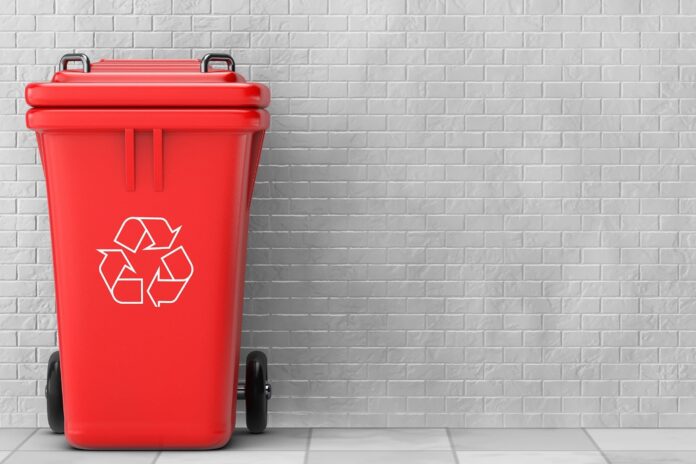In the bustling heart of our urban landscapes lies an often-overlooked treasure trove, waiting to be unearthed. This treasure isn’t buried beneath the ground in the traditional sense, nor is it composed of gold or silver. Instead, it’s hidden in the form of discarded electronics, old buildings, and even everyday household waste. This modern-day gold rush is known as urban mining, a practice that could revolutionize the way we think about resources and sustainability.
The Concept of Urban Mining
Urban mining refers to the process of reclaiming raw materials from urban waste. This includes everything from metals found in electronic devices, like smartphones and computers, to construction materials from old buildings, and even rare earth elements. Unlike traditional mining, which involves extracting resources from the earth, urban mining focuses on recycling and repurposing materials that are already in circulation.
Why Urban Mining Matters
The importance of urban mining cannot be overstated, especially in the context of our current environmental challenges. Here are some key reasons why this practice is crucial:
- Resource Conservation: Natural resources are finite, and the extraction of these resources often comes with significant environmental costs. Urban mining provides an alternative by reducing the need to tap into virgin materials.
- Environmental Protection: Traditional mining operations can lead to deforestation, water pollution, and habitat destruction. Urban mining, on the other hand, can help mitigate these environmental impacts by recycling existing materials.
- Waste Reduction: Our cities produce vast amounts of waste, much of which ends up in landfills. Urban mining helps reduce this waste by repurposing materials that would otherwise be discarded.
- Economic Benefits: Urban mining can create jobs and stimulate local economies. It also reduces the costs associated with waste management and raw material procurement.
The Process of Urban Mining
Urban mining involves several stages, each crucial to the efficient extraction and repurposing of materials:
- Collection: The first step is collecting electronic waste (e-waste), construction debris, and other materials. This can be done through dedicated collection points, recycling centers, and even curbside pickup services.
- Sorting and Dismantling: Once collected, the materials need to be sorted and dismantled. For e-waste, this means separating different components such as metals, plastics, and glass. For construction waste, it involves sorting concrete, metals, wood, and other materials.
- Processing: The sorted materials are then processed to extract valuable elements. This might involve melting metals, shredding plastics, or crushing concrete to be used as aggregate.
- Refinement and Repurposing: Finally, the extracted materials are refined and repurposed. Metals can be used to manufacture new electronics, plastics can be transformed into new products and construction materials can be recycled into new building projects.
Challenges and Future Prospects
Despite its numerous benefits, urban mining faces several challenges. One of the main obstacles is the initial cost and infrastructure required to efficiently collect and process urban waste. Additionally, there is a need for more public awareness and participation in recycling programs.
However, the future prospects of urban mining are promising. Advances in technology are making the process more efficient and cost-effective. Governments and organizations are beginning to recognize the potential of urban mining and are investing in the necessary infrastructure. With the right policies and incentives, urban mining can become a mainstream practice, contributing significantly to a more sustainable and circular economy.
Conclusion
Urban mining represents a paradigm shift in how we view waste and resource management. By tapping into the hidden wealth within our cities, we can conserve natural resources, protect the environment, reduce waste, and stimulate economic growth. As we continue to innovate and invest in this field, urban mining has the potential to become a cornerstone of sustainable development, turning our urban landscapes into modern-day gold mines.









